Sinoda Is The Ultimate Strategy Letdown You’ll Regret Playing
Hello everyone. Let’s talk about Sinoda – a game that claims to be an “abstract strategy masterpiece,” but frankly, I’ve seen tic-tac-toe played with more emotional depth and critical stakes. It’s one of those titles that quietly whispers, “I’m clever,” while holding a laminated instruction sheet that looks like it was stapled together at a high school chess club meeting. Yes, it’s all about capturing your opponent’s pieces… except apparently the number of pieces isn’t enough; you must care deeply – philosophically even – about the point value of said pieces. Because nothing says fun like mathematics masquerading as gameplay.
The Core Mechanics – Maths With Extra Steps
So here’s your surgical breakdown: each turn you can either move a piece or “adjust” its value by one. Adjust its value. As in, tiptoe into the land of min-max hell, ensuring that the higher a piece’s movement, the more likely you’ll end up offering your opponent a five-star buffet of points when they squash it. Sure, in theory it’s a nice balancing mechanic. In practice, it’s like giving your enemies free hit points in an MMO because you want them to feel included.
The game ends via one of three triggers: total annihilation, a six-piece coup d’état, or everyone limping away with one piece left – basically the gaming equivalent of a hospital discharge where the patient is “stable” but heavily sedated. Oh, and in two-player mode there’s this “Win by Sinoda” condition, where you can rack up so many points that your opponent shouldn’t bother playing the rest of the match. Delightful – a game condition that openly encourages rage quitting. Bravo.
Game Modes – The Illusion of Variety
- Classic – AKA “Vanilla mode,” where your imagination will have to fill the void.
- High Ground – Because apparently we’re channeling our inner Obi-Wan now.
- Low Ground – Feel the thrill of being strategically disadvantaged.
- Double Action – Finally, caffeinated chess.
- Mad King – The mode for that one player who insists on flipping the board IRL.
The trouble is, each mode is essentially a variation on the same slow-burn attrition with minor rule tweaks. It’s like buying a cereal variety pack and realising they all taste vaguely like cardboard, just with different shapes.
Multiplayer & AI – Six’s a Crowd
You can play solo against AI or with up to six players. In practice? Six players means waiting around longer than it takes to install a triple-A title on a hard drive from 2010, all for the privilege of watching Susan from seat three agonise over whether to move a piece or increase its value by one. It turns into a war of attrition not in gameplay, but in patience. Single-player fares better – at least the AI doesn’t complain about bathroom breaks.
The Technical Guff
| Windows Minimum | Windows 10, Intel Core i5-8400, 4GB RAM, GTX 1060, 800MB storage |
| macOS Minimum | macOS 12 Monterey, Apple M3, 8GB RAM, 800MB storage |
On the plus side, the game barely needs any resources to run, so you can stare at the austere, probably minimalist boards in 4K without your PC’s fan taking off like a rickety helicopter. On the downside, that’s about the only performance thrill you’re going to get out of it.
Final Diagnosis
As your resident gaming doctor, my prognosis for Sinoda is this: it’s a strategy game suffering from acute feature anemia and chronic engagement deficiency. It has an interesting math-centric premise, but it feels like it could be played just as well with pen, paper, and a set of dice from your local board game café. In game design terms, it’s the equivalent of a placebo – looks functional, but you’ll question if anything actually happened. If you enjoy slow-paced mental sparring and want a game that actively punishes impatient players, you might find some joy here. For everyone else, well… there are livelier ways to pass the time, like watching paint dry in ray tracing.
My overall impression? Bad – not unplayable, but certainly not delivering the “five-star cerebral experience” it seems to think it does.
And that, ladies and gentlemen, is entirely my opinion.
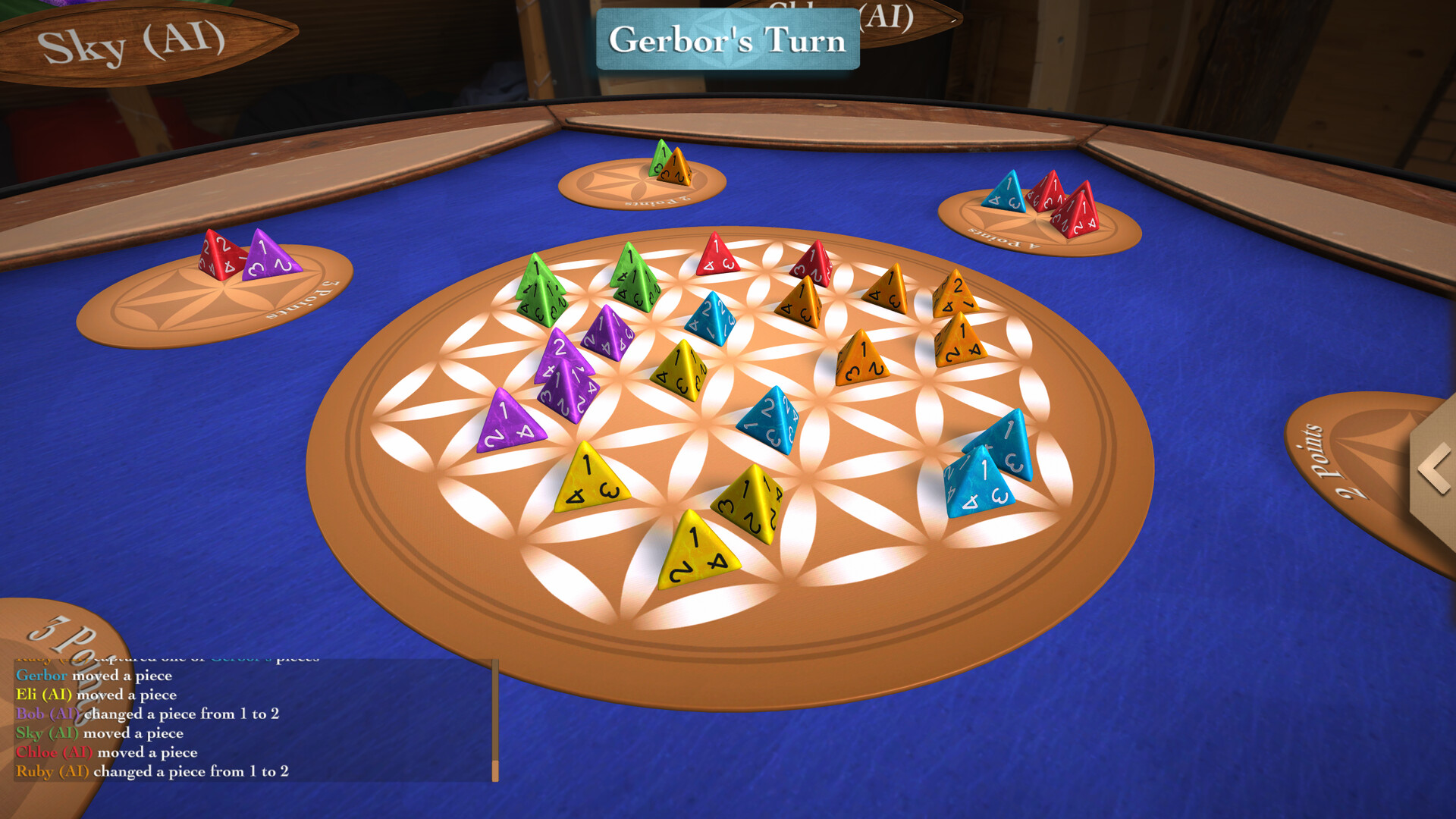
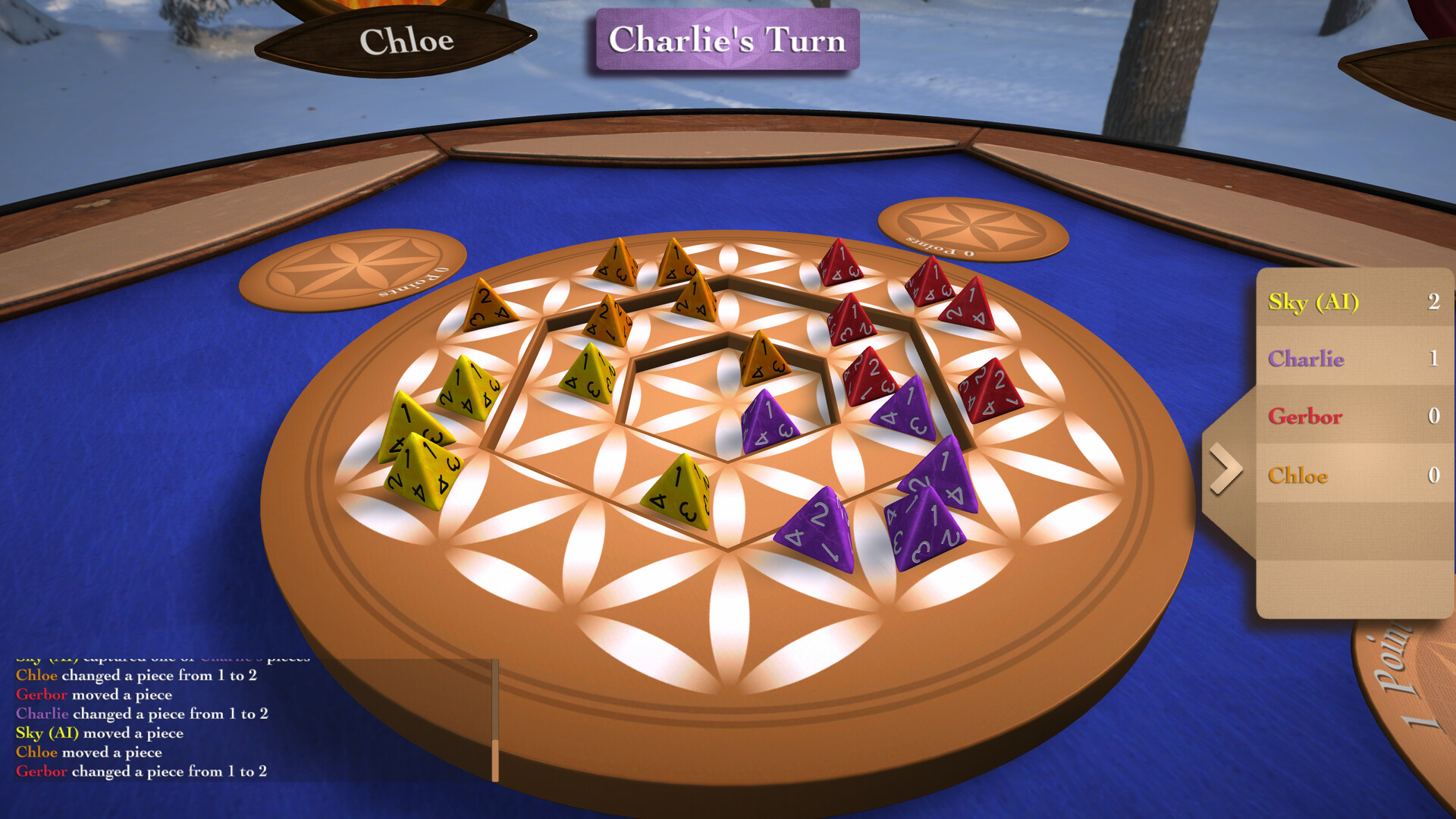
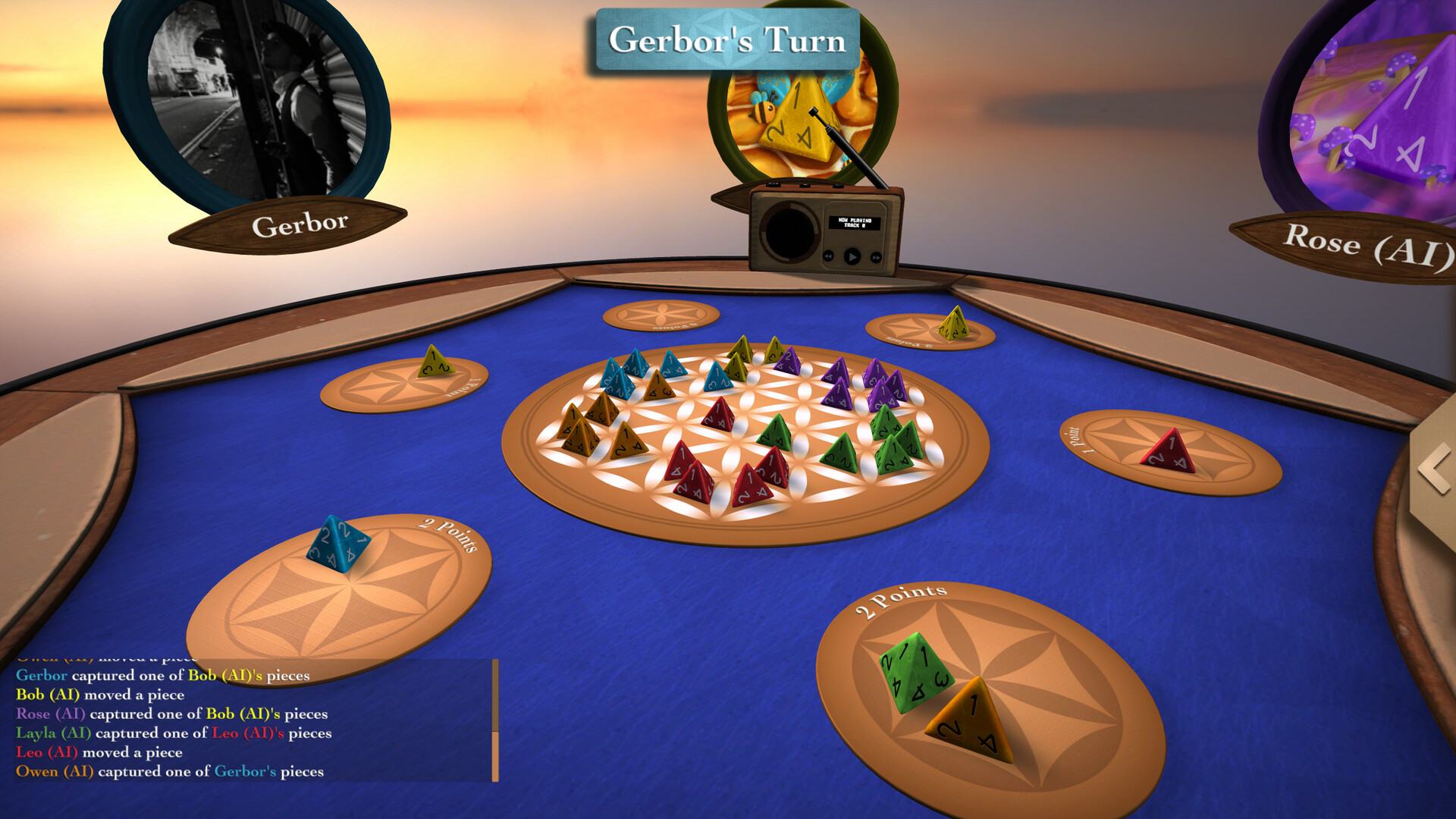
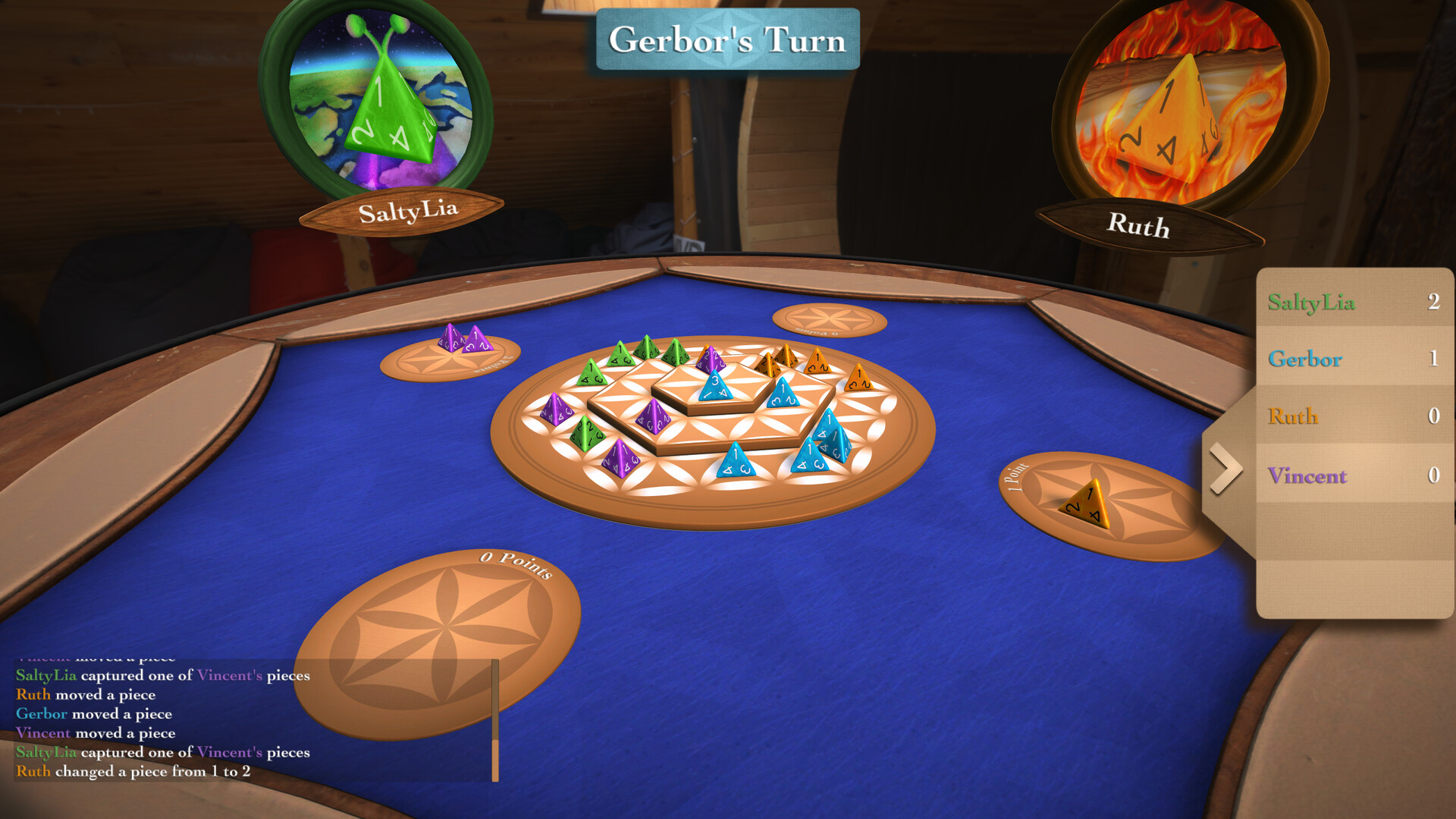
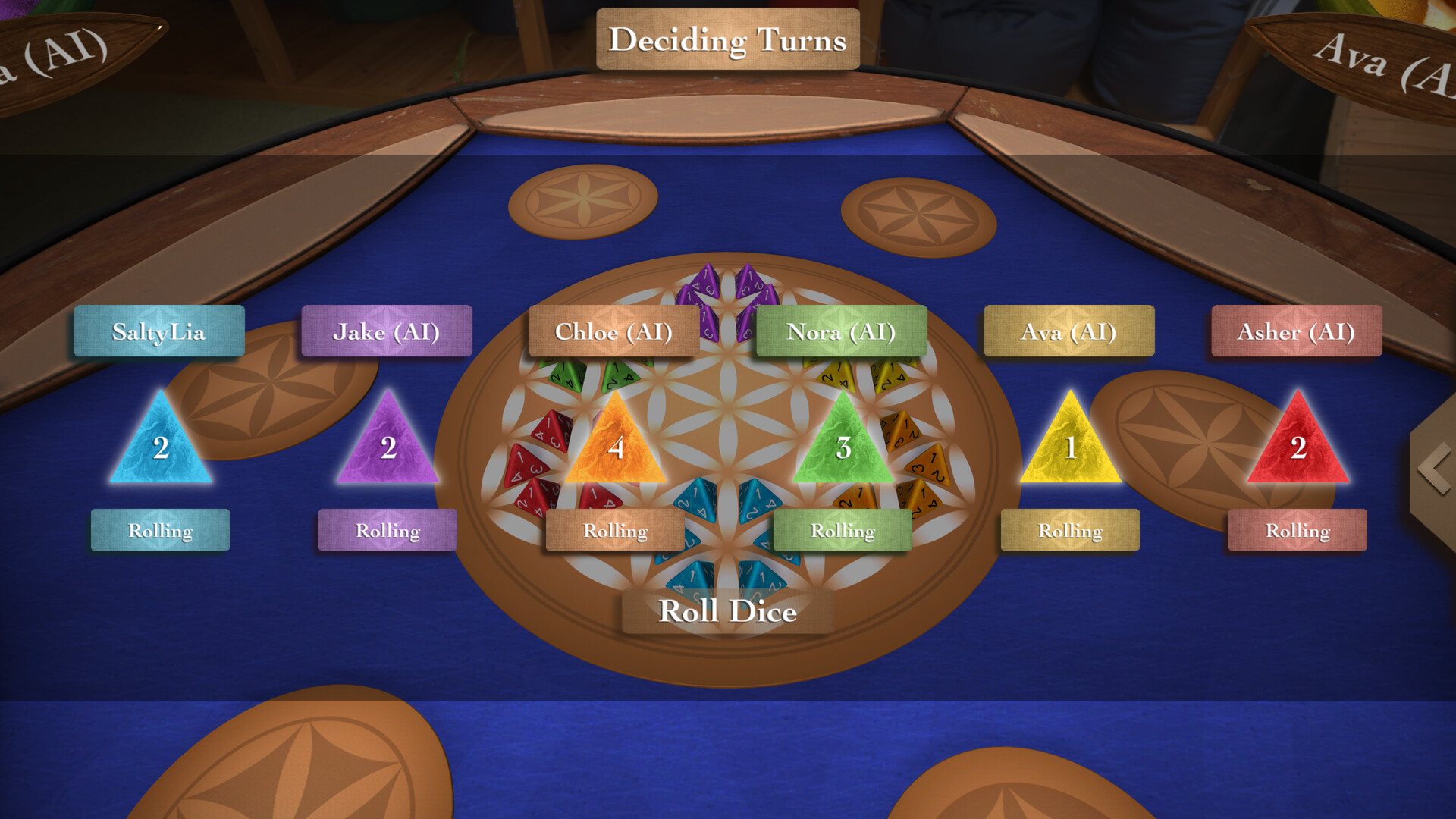
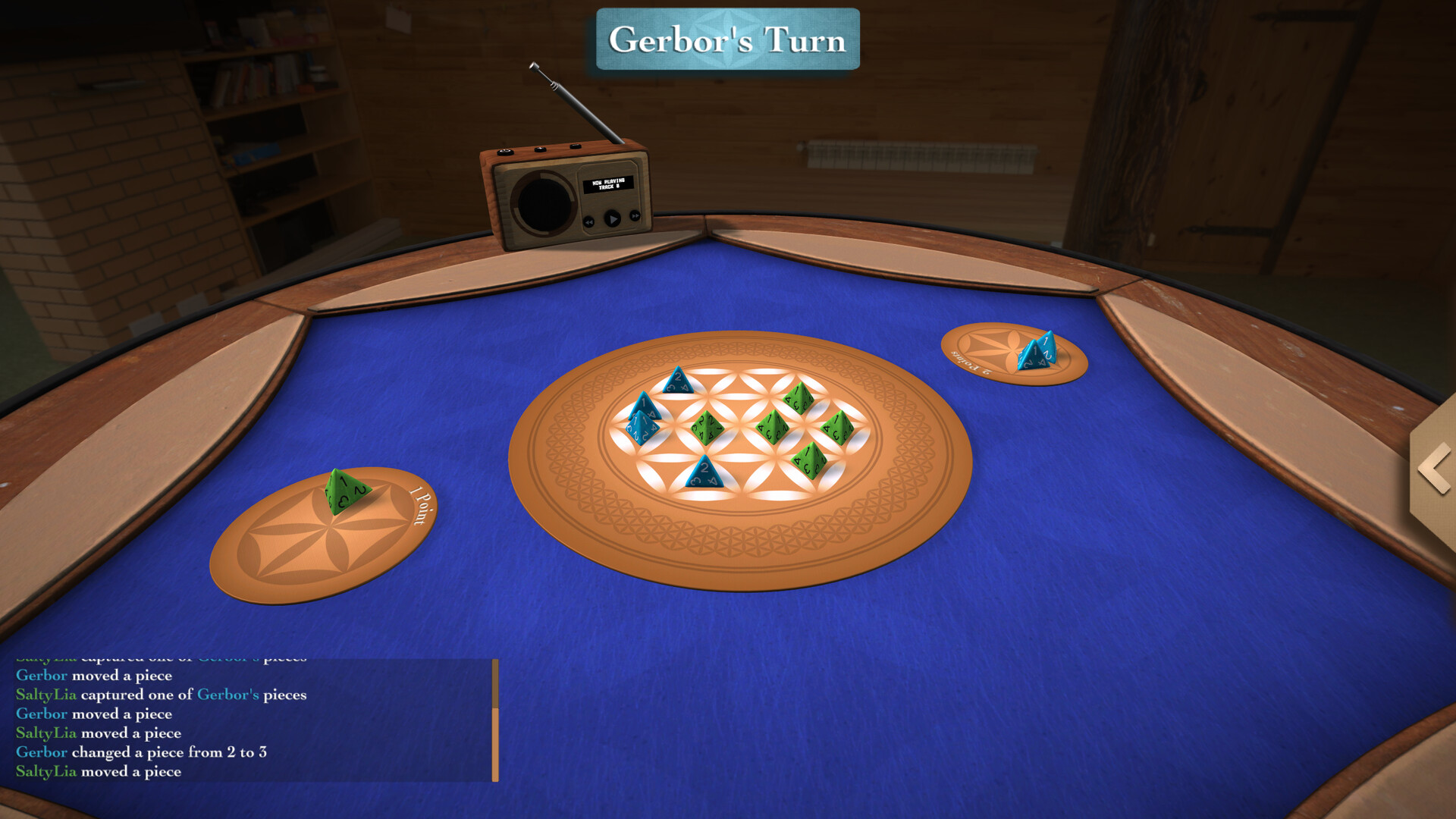
Article source: Sinoda, https://store.steampowered.com/app/3475490/Sinoda/



